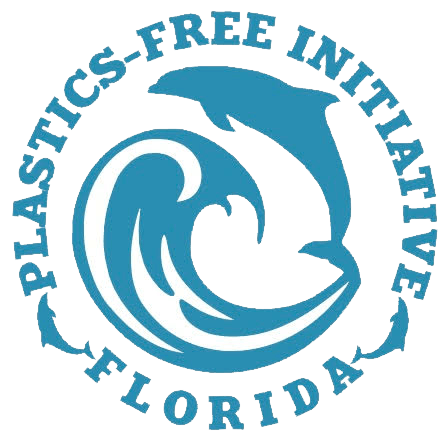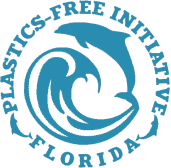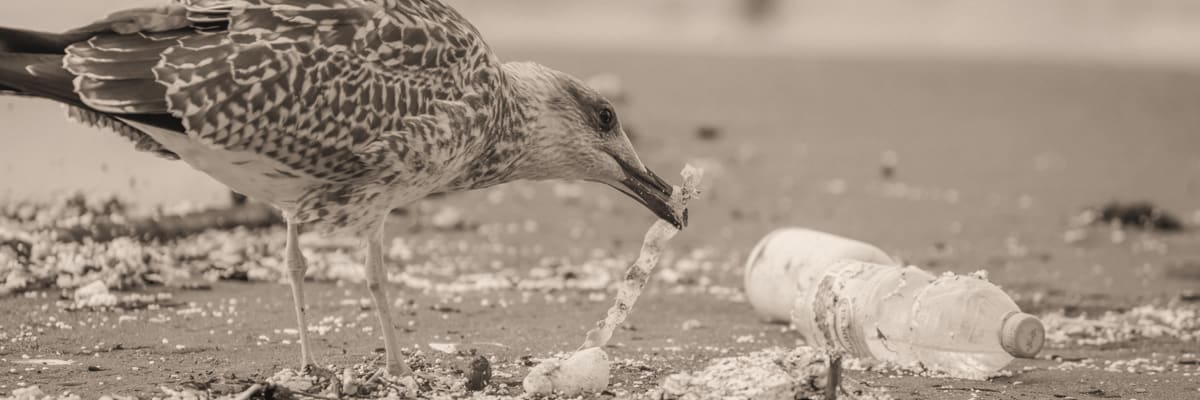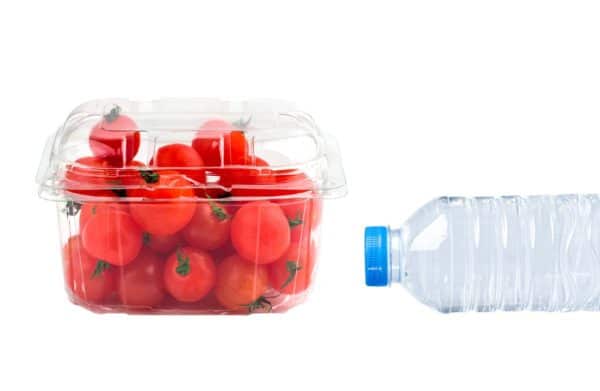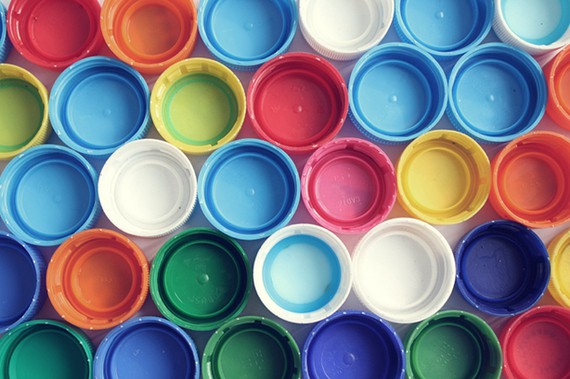Most plastics eventually degrade into very small particles called microplastics. A comprehensive review of scientific evidence published by the European Union’s Scientific Advice Mechanism in 2019 revealed that microplastics are … Read More
Author: Plastics-Free Initiative
Plastic AND Paper bags Banned From N.J. Supermarkets
Paper or plastic? In New Jersey, try neither.
The state Legislature on Thursday voted to make New Jersey the first in the country to bansingle-use paper bags in supermarkets along with all single-use plastic bags in stores andrestaurants.Eight other states, including California, New York and Vermont, have bans on single-useplastic bags either in effect now or scheduled to go into effect in the coming years.
Recycling Plastic Clamshells and Bottles, the Same but Different
You’ve probably seen the #1 recycling symbol on various plastic containers when you’re sorting your recycling. Those containers are made of polyethylene terephthalate (PET), also known as polyester. Because PET is strong, lightweight, and easily molded, it is a popular material for packaging a wide range of foods and consumer goods.
Big Oil – flooding Africa with plastics
Confronting a climate crisis that threatens the fossil fuel industry, oil companies are racing to make more plastic. But they face two problems: Many markets are already awash with plastic, and few countries are willing to be dumping grounds for the world’s plastic waste.The industry thinks it has found a solution to both problems in Africa.
21 Reasons Why Plastic Bottles Ruin Everything: Recycling Won’t Fix It, Zero Waste Will.
Drinking from plastic bottles has become such an everyday way of life that many people don’t even think about what they are made from, or where they really go after we’re done with them.
Each American throws out an average of 21 lbs (9.5kg) of polyethylene terephthalate (PET) plastic bottles per year – 200 to 500 bottles per person.[1]
That’s quite a bit of plastic waste, just to have a drink.
